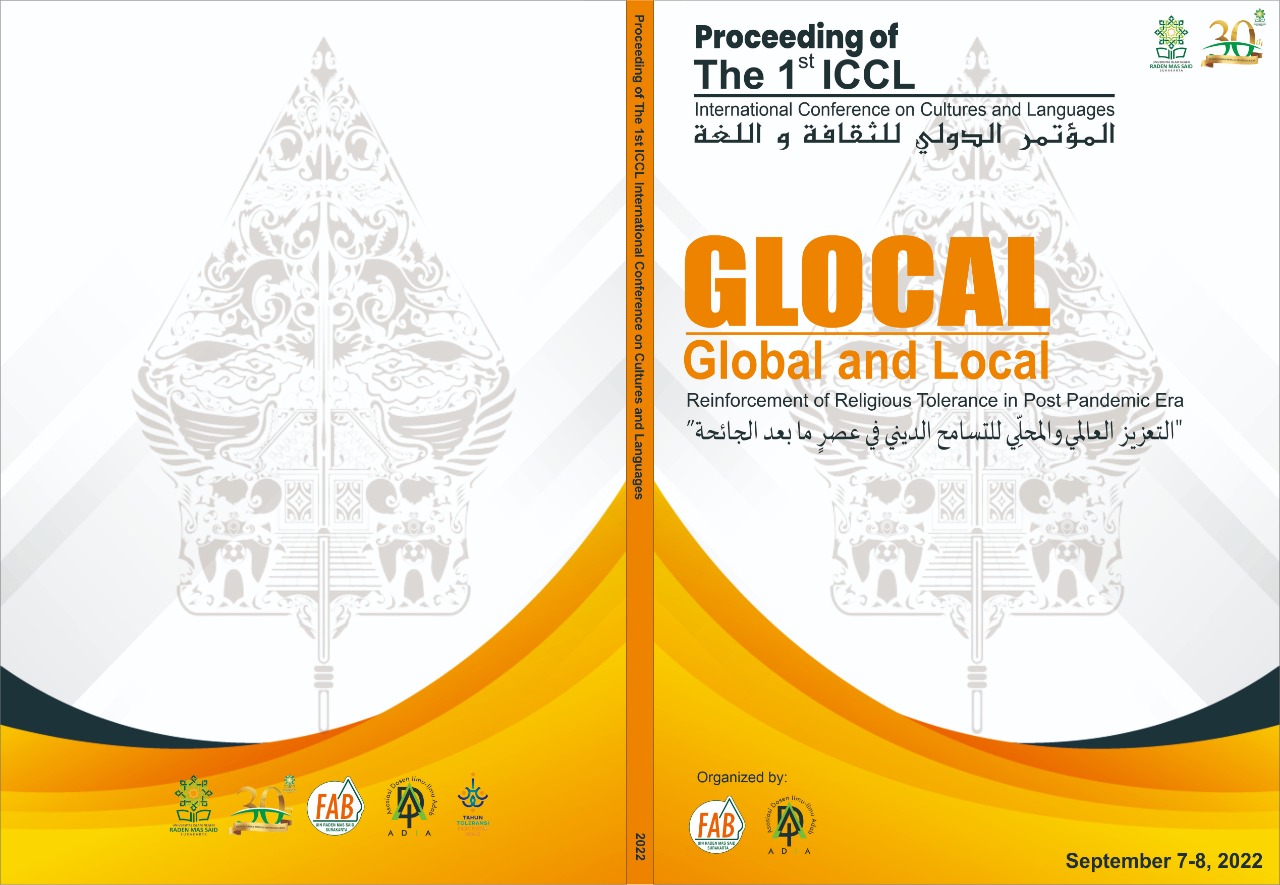The State as an Instrument of Religious Tolerance (Analysis of the Aphorism of Hubbul Wathon Minal Iman)
Keywords:
Hubbul Wathon Minal Iman, Religious Tolerance, State.Abstract
This study aims to analyze the correlation between the state and religious tolerance in the aphorism of Hubbul Wathon Minal Iman. Aphorism in Arabic is called hikmah, one of the varieties of literary language with its characteristics, such as concise, dense, memorable which contains life attitudes or general truths. In this research, the values behind the aphorism of Hubbul Wathon Minal Iman become important to study how the aphorism became an instrument in the attitude of religious tolerance and state. This research uses a qualitative-descriptive approach method with the fiqh legal maxim analysis, collecting data from sources that have studied the aphorisms of Hubbul Wathon Minal Iman and related literature to analyze the correlation between the state and religious tolerance. In general, this paper shows a strong correlation between the value of nationality and religious tolerance, not only slogan but also profound philosophical value. The state’s existence not only assists with the principle of religious tolerance but also supports the implementation of religious tolerance itself. The aphorisms that derived from the Arabic language construct mutual tolerance, moderation, mutual respect, harmony, peace, diversity acceptance and efforstlessly blaming other parties in the context of national and state life.


